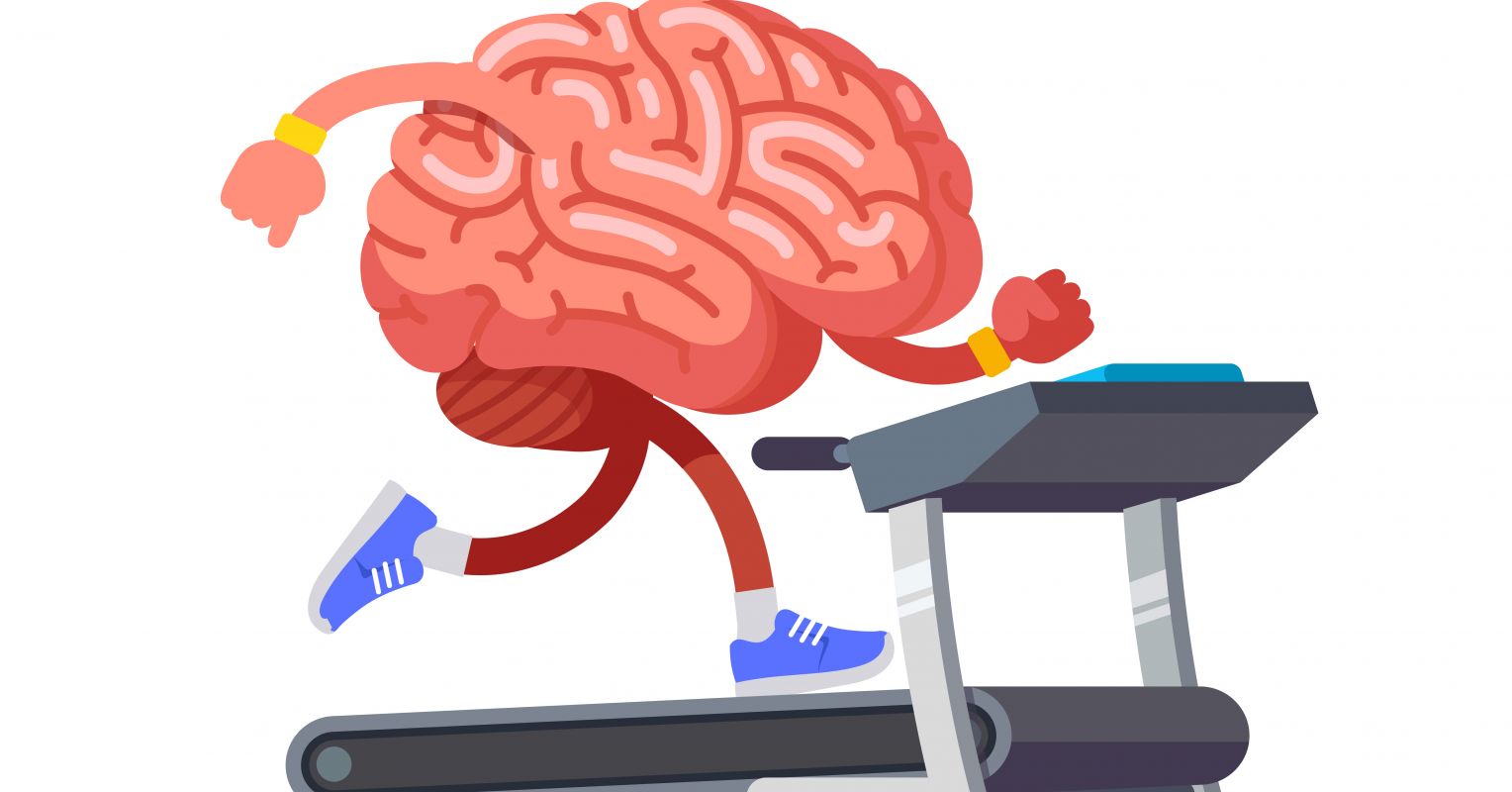
The Mental Health Benefits of Exercise
You already know that exercise is good for your body. But did you know it can also boost your mood, improve your sleep, and help you deal with depression, anxiety, stress, and more?
People who exercise regularly tend to do so because it gives them an enormous sense of well-being. They feel more energetic throughout the day, sleep better at night, have sharper memories, and feel more relaxed and positive about themselves and their lives. And it’s also a powerful medicine for many common mental health challenges.
Regular exercise can have a profoundly positive impact on depression, anxiety, and ADHD. It also relieves stress, improves memory, helps you sleep better, and boosts your overall mood. And you don’t have to be a fitness fanatic to reap the benefits. Research indicates that modest amounts of exercise can make a real difference. No matter your age or fitness level, you can learn to use exercise as a powerful tool to deal with mental health problems, improve your energy and outlook, and get more out of life.
Exercise and depression
Studies show that exercise can treat mild to moderate depression as effectively as antidepressant medication—but without the side-effects, of course. Exercise is a powerful depression fighter for several reasons. Most importantly, it promotes all kinds of changes in the brain, including neural growth, reduced inflammation, and new activity patterns that promote feelings of calm and well-being. It also releases endorphins, powerful chemicals in your brain that energize your spirits and make you feel good. Finally, exercise can also serve as a distraction, allowing you to find some quiet time to break out of the cycle of negative thoughts that feed depression.
Exercise and anxiety
Exercise is a natural and effective anti-anxiety treatment. It relieves tension and stress, boosts physical and mental energy, and enhances well-being through the release of endorphins. Anything that gets you moving can help, but you’ll get a bigger benefit if you pay attention instead of zoning out.
Exercise and stress
Exercising is an effective way to break the cycle of stress. As well as releasing endorphins in the brain, physical activity helps to relax the muscles and relieve tension in the body. Since the body and mind are so closely linked, when your body feels better so, too, will your mind.
Exercise and ADHD
Exercising regularly is one of the easiest and most effective ways to reduce the symptoms of ADHD and improve concentration, motivation, memory, and mood. Physical activity immediately boosts the brain’s dopamine, norepinephrine, and serotonin levels—all of which affect focus and attention. In this way, exercise works in much the same way as ADHD medications such as Ritalin and Adderall.
Exercise and PTSD and trauma
Evidence suggests that by really focusing on your body and how it feels as you exercise, you can actually help your nervous system become “unstuck” and begin to move out of the immobilization stress response that characterizes PTSD or trauma. Instead of allowing your mind to wander, pay close attention to the physical sensations in your joints and muscles, even your insides as your body moves.
Other mental health benefits of exercise
Sharper memory and thinking. The same endorphins that make you feel better also help you concentrate and feel mentally sharp for tasks at hand.
Higher self-esteem. Regular activity is an investment in your mind, body, and soul. When it becomes habit, it can foster your sense of self-worth and make you feel strong and powerful. You’ll feel better about your appearance and, by meeting even small exercise goals, you’ll feel a sense of achievement.
Better sleep. Even short bursts of exercise in the morning or afternoon can help regulate your sleep patterns. If you prefer to exercise at night, relaxing exercises such as yoga or gentle stretching can help promote sleep.
More energy. Increasing your heart rate several times a week will give you more get-up-and-go.
Stronger resilience. When faced with mental or emotional challenges in life, exercise can help you build resilience and cope in a healthy way, instead of resorting to alcohol, drugs, or other negative behaviors that ultimately only make your symptoms worse. Regular exercise can also help boost your immune system and reduce the impact of stress.


